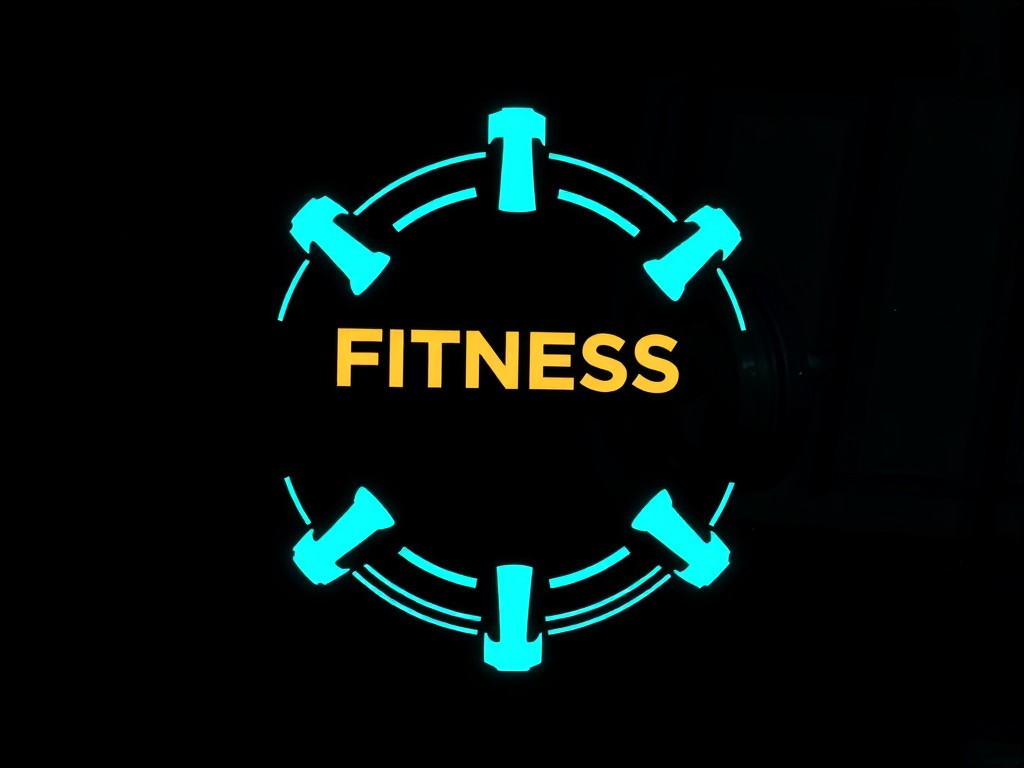Basketball is a sport revered for the physical prowess it demands from its players. But the unsung hero, that gives an athlete an edge in the game, is mental toughness. When fatigue sets in, it is the mind that can power the body to push ahead. Mental toughness drills, therefore, have a significant role in shaping an athlete’s performance.
Why Mental Toughness is Critical for Athletes
On the sports field, whether you’re a scholar of the game or a seasoned athlete, you’ll find that physical training alone doesn’t define success. Often, it’s the mental state that determines the outcome of the match.
In parallel : Which rebounding drills should UK basketball centers focus on to dominate the board?
Mental toughness is a concept synonymous with resilience and determination. It is the capacity to remain consistent, focused, and confident under high pressure or challenging situations. No matter the amount of physical exhaustion, an athlete with mental toughness can still perform exceptionally well.
Basketball is a sport that demands intense physical effort and acute mental focus. With its quick transitions between offence and defence, split-second decision making, and high-pressure environments, the sport often sees athletes battling fatigue. This is where the significance of mental toughness drills comes into play. The right training can help athletes maintain their performance level even under strain.
Topic to read : How can UK basketball players use plyometrics to enhance their explosive power?
How Mental Toughness Enhances Performance
An article on Google Scholar by Crossref highlighted the crucial impact of mental toughness on an athlete’s performance. The study demonstrated the positive effects of mental strength training on an athlete’s ability to manage fatigue. When physical exhaustion sets in, the body tends to slow down, affecting the player’s performance. But with mental toughness, athletes can push their limits, mitigating the effects of fatigue.
Basketball is a team sport where every single player’s performance can change the course of the game. So, it is essential that all players, not just the star athletes, can perform well under fatigue. Mental toughness provides the foundation for this, enabling athletes to maintain their performance despite tiredness.
Key Mental Toughness Drills for Basketball Players
There’s a myriad of mental toughness drills that can help basketball players perform better under fatigue. Here’s a look at some of the most effective ones.
Mindfulness Training: This involves focusing on the present moment, paying attention to bodily sensations, thoughts, and emotions without judgement. It helps athletes to stay in the moment, not letting past mistakes or future concerns distract them. This increased awareness can also help in recognising the onset of fatigue early and managing it effectively.
Visualization Techniques: Visualization is a powerful tool in an athlete’s mental arsenal. It involves picturing the desired performance or outcome in the mind. This technique can be used to visualise handling high-pressure situations, intense fatigue, or difficult opponents, thereby preparing the mind for actual game scenarios.
Coping Strategies: These involve developing a set of actions to deal with fatigue when it sets in. This could include positive self-talk, focusing on the process rather than the outcome, or even simple breathing exercises.
Implementing Mental Toughness Training in the UK
In the UK, the importance of mental toughness in sports is well recognised. Several sports academies and training institutions emphasise mental toughness drills alongside physical training.
However, the adoption of such training practices could be made more widespread. Coaches and trainers need to understand the long-term benefits of mental toughness training. Often, the focus is on immediate physical outcomes, with mental training viewed as secondary. A shift in this perspective can greatly benefit UK basketball players.
To make this possible, resources and training materials on mental toughness practices can be made readily available to coaches and players. These could be in the form of articles, webinars, or even interactive workshops. Moreover, engaging sports psychologists in team training sessions can bring in expert advice and guidance.
Basketball is a game of seconds and inches, where the smallest factors can have the biggest impacts. Mental toughness is one such critical factor that can greatly influence a team’s performance. So, it’s high time to focus on training the mind, as much as the body.
The Interaction Between Mental Toughness and Physical Performance
Basketball is a game of endurance, both physical and mental. It’s not merely about who can run the fastest or jump the highest. It is about who can make quicker decisions, who can withstand the pressure of the clock ticking away, and who can push past the barrier of physical fatigue. The mental ability of an athlete plays an incredibly vital role in defining their overall athletic performance.
In a systematic review on Google Scholar and PubMed Crossref, several articles highlight the correlation between an athlete’s mental toughness and physical performance. The mental capabilities of an athlete can affect how they perceive fatigue, their endurance performance, and how they recover. This perception can significantly impact their physical performance.
Research published in the Journal of Applied Sport Psychology reveals that mental toughness training can help athletes manage their physical response to fatigue better. By practising mental toughness drills, athletes can learn to push through the wall of exhaustion, maintain high intensity, and keep up their physical performance.
Another free article on PMC showed that athletes with a high level of mental toughness can better tolerate pain and discomfort, enhancing their endurance performance. This is particularly relevant to basketball players, who often have to play through fatigue and keep up their strength and conditioning for the game’s duration.
It’s evident that mental toughness and physical performance are interconnected. As such, mental toughness drills have a significant role to play in enhancing an athlete’s performance, especially in a high-intensity sport like basketball.
Conclusion: Fostering Mental Toughness in UK Basketball Players
In conclusion, mental toughness forms a critical component of an athlete’s toolkit, particularly for UK basketball players. The ability to maintain performance under fatigue and stress can be the difference between victory and defeat on the court. By incorporating mental toughness drills into their training routines, basketball players can learn to better manage mental fatigue, make quicker decisions, and improve their overall athletic performance.
However, the implementation of mental toughness training should not be limited to individual athletes or elite teams. It should be a central part of all athletic training programs in the UK, from youth leagues to professional teams. By fostering mental toughness from a young age, we can cultivate a new generation of athletes who are not only physically fit but also mentally resilient.
In addition to incorporating mental toughness drills into training routines, it’s also essential to provide athletes with resources to promote their mental health. Access to sports psychologists, recovery programs, and techniques to manage stress and anxiety can all contribute to an athlete’s mental resilience.
Ultimately, the importance of mental toughness in basketball cannot be overstated. As the game evolves and becomes more competitive, the need for mental resilience and strength will only grow. It’s therefore vital that mental toughness training becomes an integral part of the preparation of UK basketball players for the challenges they face on the court. It’s time we give mental toughness the same attention as physical training in the world of sports.











